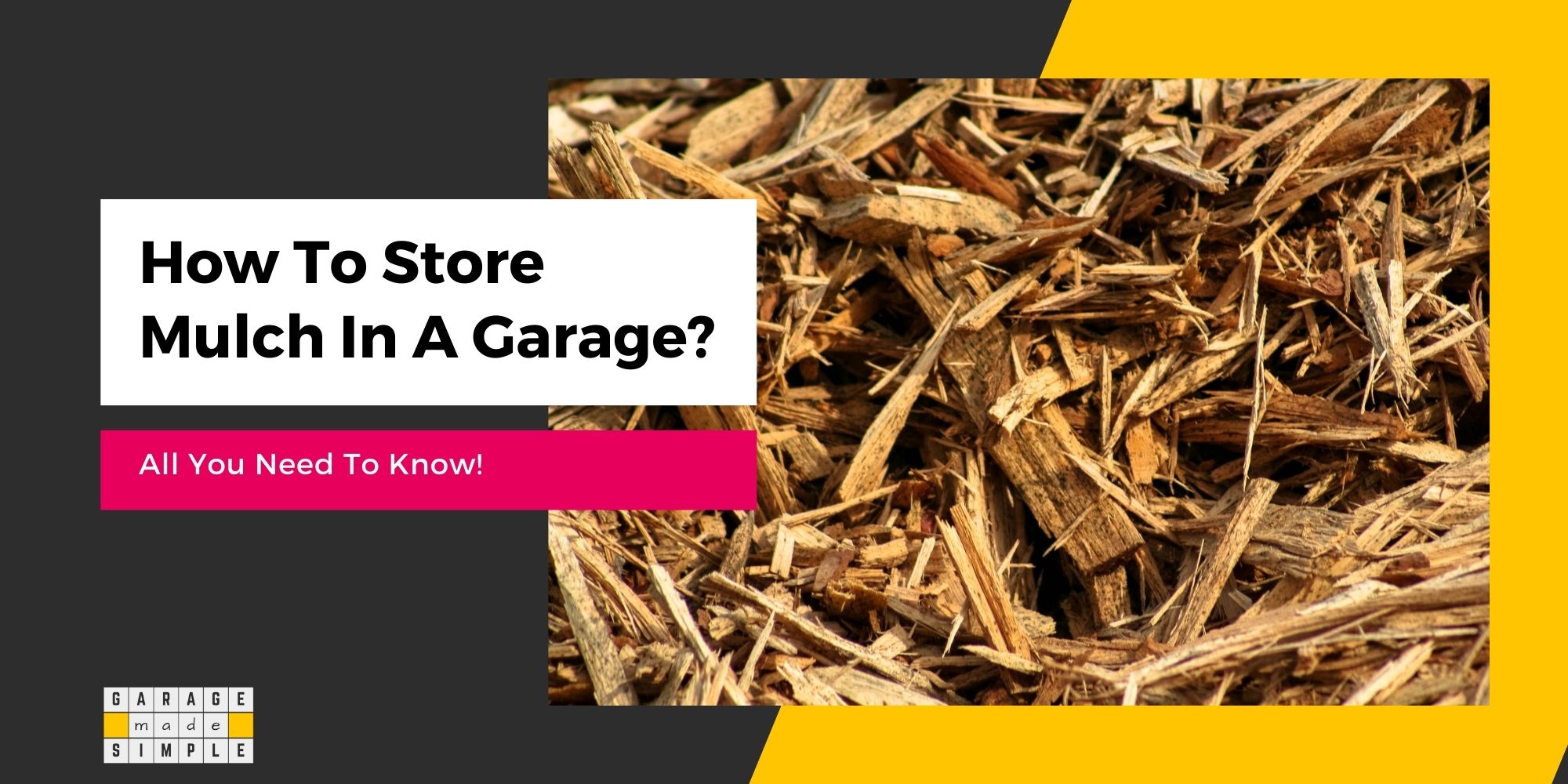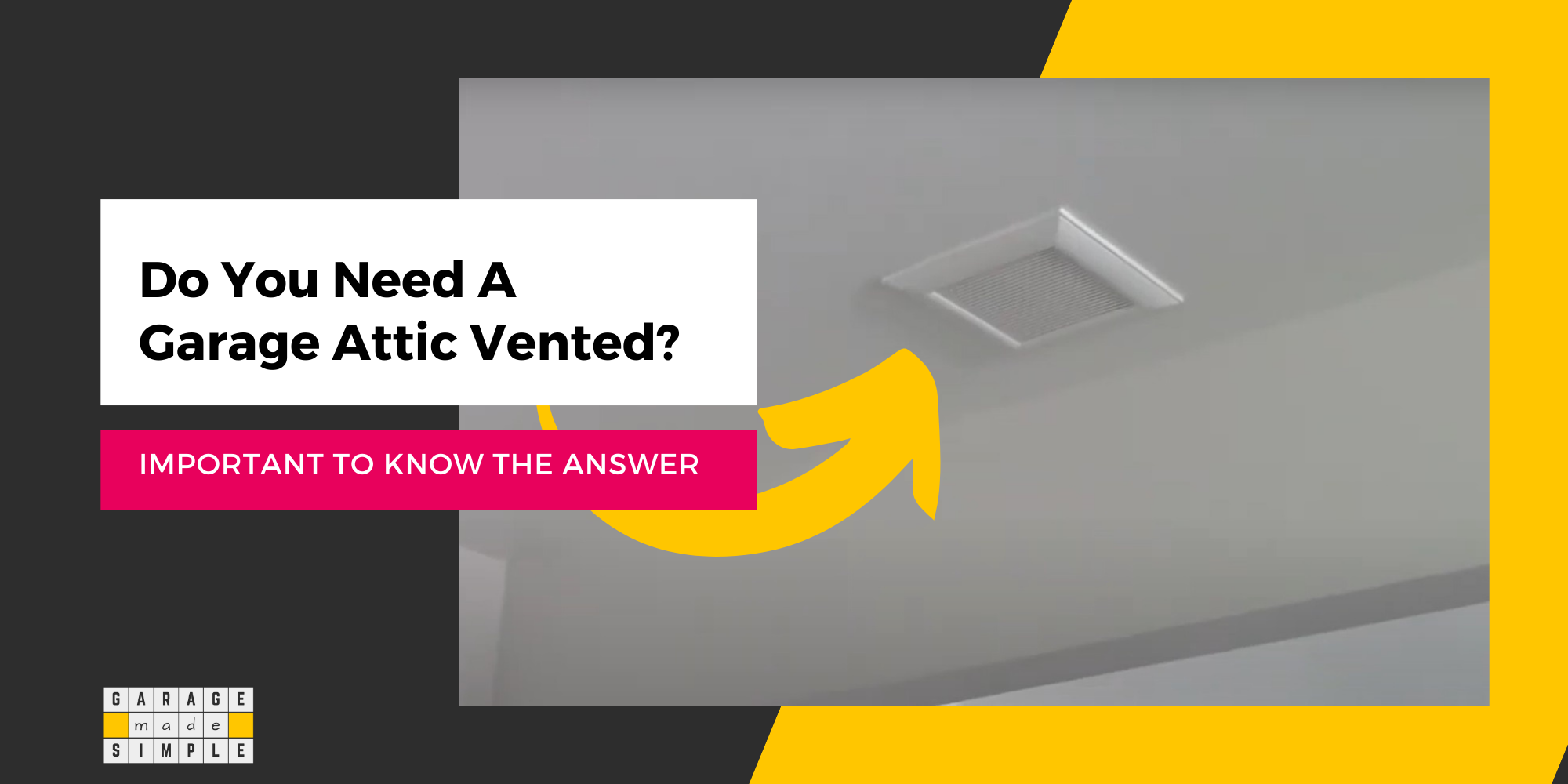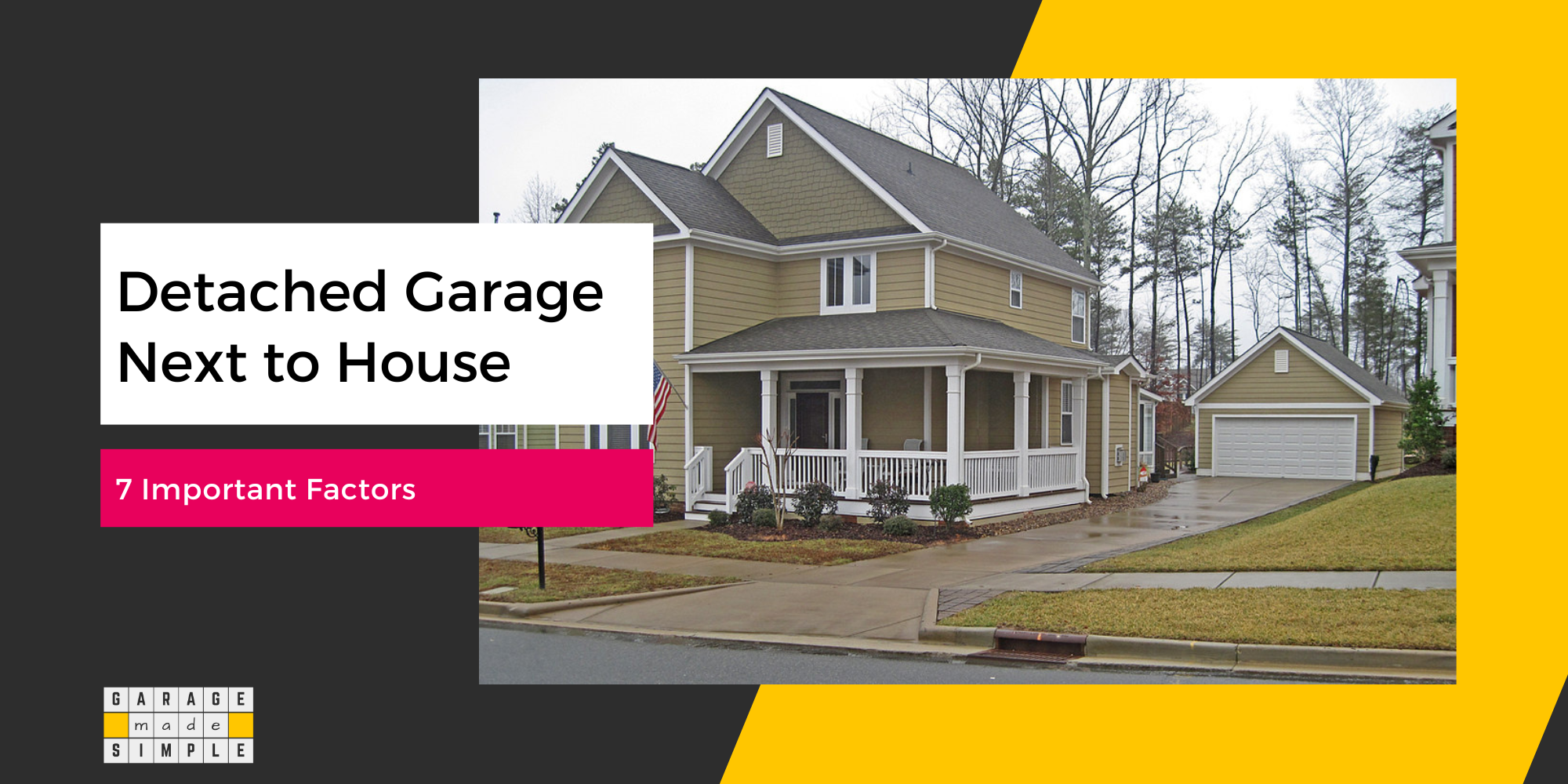Air Purifier For Garage? (5 Helpful Facts Worth Knowing!)
garagemadesimple.com is a participant in the Amazon Services LLC Associates Program, an affiliate advertising program designed to provide a means for sites to earn advertising fees by advertising and linking to Amazon.com . The website is also an affiliate of a few other brands.
If you use your garage for a lot more than just parking your car then there are some important facts that you need to know about having an air purifier in your garage. Maybe you have a garage woodworking workshop which creates dust. Or you have a garage gym resulting in sweat, body odor & germs.
Having an air purifier in your garage will result in much better air quality. With an air purifier, your garage will become a clean & healthy living space that you and your family can enjoy. Garage air purifiers go a long way in eliminating many types of germs along with dust and obnoxious smells.
The HVAC system of your house can not be connected to the garage, as per building code. Hence, the garage requires its own ventilation and air purification system.
A garage air purifier will
- Filter out dust, pet dander & allergens
- Kill mold spores, bacteria & viruses
- Eliminate fumes, smoke & VOC
In this post I look at all the important facts about garage air purifiers that I think you need to know.
Would an Air Purifier Work in a Garage?
An air purifier works in any enclosed space, so yes it would certainly work in a garage.
Quite often the function of an air purifier is confused with functions of similar appliances or equipment.
Air Purifier vs Air Filter
An air purifier often uses an air filter, but it does more than just filter the air. An air filter just traps dust or any particle that is bigger than the filter mesh size.
An air purifier goes a step further, by sanitizing the particles in the air. To do this it may not even trap the particles.
Air Purifier vs Diffuser & Humidifier
An air purifier removes or neutralizes harmful particles. A diffuser or a humidifier actually adds particles to the air.
An air purifier basically sucks in air, sanitizes it and then releases it back to the indoor space. It does so be using a combination of
Filtration
A typical air filter will trap particles which are 5 microns or larger. They will get dust mites or pollen for example.
The air purifier uses special, highly dense filters. They can trap particles as small as 2.5 microns.
HEPA filters can capture up to 99.97% of particles down to 0.3 microns in size.
UV Radiation
An air purifier can use UV light to kill microbes and pathogens such as mold spores and bacteria.
Activated Charcoal
A really good air purifier will also use activated charcoal to eliminate Volatile Organic Compounds (VOC) in fumes, exhaust emissions and smoke.
Ionizer
An air purifier can also use ionization (sending out electrically charged particles) to neutralize pollutants.
Why Does a Garage Need an Air Purifier?
Your garage needs an air purifier because it can not be connected to the HVAC system of your house as per building code.
Further, it is quite possible that the air quality in your garage is pretty bad. According to a recent report from United States Environmental Protection Agency, indoor air can have “concentrations of some pollutants are often 2 to 5 times higher than typical outdoor concentrations”
The same report also highlights some of the key pollutants and their sources. On top of the list is “combustion byproducts such as carbon monoxide, particulate matter, and environmental tobacco smoke”.
The list also includes “biological agents such as molds”. You should check out my earlier post How To Get Rid Of Mold From Garage Walls? (What You Need To Know!) for more information on mold.
Your garage may also have high levels of:
- Allergens such as pollen, pet dander & fur etc.
- Bacteria & Viruses as the garage has become the main entry to the house
- Dust from the car, garage workshop etc.
- Mold Spores as garages are often damp & dark
- Odors from car exhaust, blocked drains, garbage bins, etc.
- VOC from oil, paint & household chemicals, etc.
An air purifier is certainly needed in your garage if you are going to spend a lot of time there.
Where Should I Place my Garage Air Purifier?
The location of an air purifier in a garage can make a lot of difference to its effectiveness. Keep in mind two important facts and you will be able to easily identify the best place for your garage air purifier.
Pollutant Source
You want the garage air purifier to capture and act on the highest pollutant source. Each person’s reason for buying a garage air purifier can be different.
Maybe you spend a lot of time in your garage workshop. Dust is created if you do a fair amount of woodworking. VOC is in the air if you are doing spray painting. In this case you want the air purifier to be in the garage workshop zone.
Maybe you have a nice gym, yoga & meditation zone in your garage. Keeping fit, physically and mentally is your passion. Then your air purifier should be in this area.
If your garage has a bad smell, because you are forced to store the garbage bins, then placing the air purifier will be really helpful.
It is also perfectly fine, even a good thing, to move the air purifier to the location required, during the course of the day.
Maximum Circulation
Remember the air purifier works by sucking in the polluted air and pushing out sanitized air. Give it a helping hand by placing it where the air circulation is good.
Air always rises from the floor to the ceiling. Keeping the air purifier at a height of 3’-5’ is a good idea. Do not keep an air purifier on the garage floor. Keep it on a desk instead.
Never keep an air purifier on the floor and in a corner. That is the worst possible place from the air circulation point of view.
If you have a fan, a mini split air conditioner or any other garage ventilation, try to keep the air purifier in the path of the air circulation.
What is the Best Air Purifier for Your Garage?
The air purifier for your garage should certainly incorporate activated carbon technology. Your garage, more than any other room in your house, is a source of fumes, VOC and hazardous gasses.
You are well aware that car exhausts have the potentially lethal carbon monoxide. If the garage entry door to home is not kept closed at all times, these gasses can even enter your home.
An air purifier using activated carbon will be able to absorb the dangerous fumes and vapors.
My recommendation is to go for Bissell air400 Professional Air Purifier with HEPA and Carbon Filters from Amazon. It is just right for a 20’X24′ garage.

The key features, suitable for your garage, are:
- 3 Stage Filtration: Includes a Pre-Filter, an Activated Carbon Filter and a HEPA Filter which captures 99.97% of 0.3 micron particles and smaller including pollen, dust, smoke, hair, and pet dander
- Honeycomb Structure Filter: Activated Carbon Filter has a unique honeycomb design filled with carbon pellets to better eliminate gasses and VOCs as well as odors
- Automated CirQulate System: Utilizes a PM 2.5 sensor to monitor, report and respond to changes in your indoor air quality by adjusting fan speed as necessary
- Right Size: Tested to the AHAM standard to have a Smoke CADR of 279 for rooms up to 432 square feet
Is an Air Purifier for the Garage a Waste of Money?
My recommended air purifier, Bissell air400 Professional Air Purifier with HEPA and Carbon Filters from Amazon costs around US$360. Even if you were to use it for just one year, your cost will be US$1 per day.
That’s a lot less than the cost of a cup of coffee!
Is the cost justified considering the immense health benefits you will get? Well you decide.
By the way an Air Purifier in a garage is not a replacement to garage ventilation. You need ventilation irrespective of whether the garage is insulated or uninsulated, attached or detached.
Thank you very much for reading the post. I do hope you found it informative and useful.






